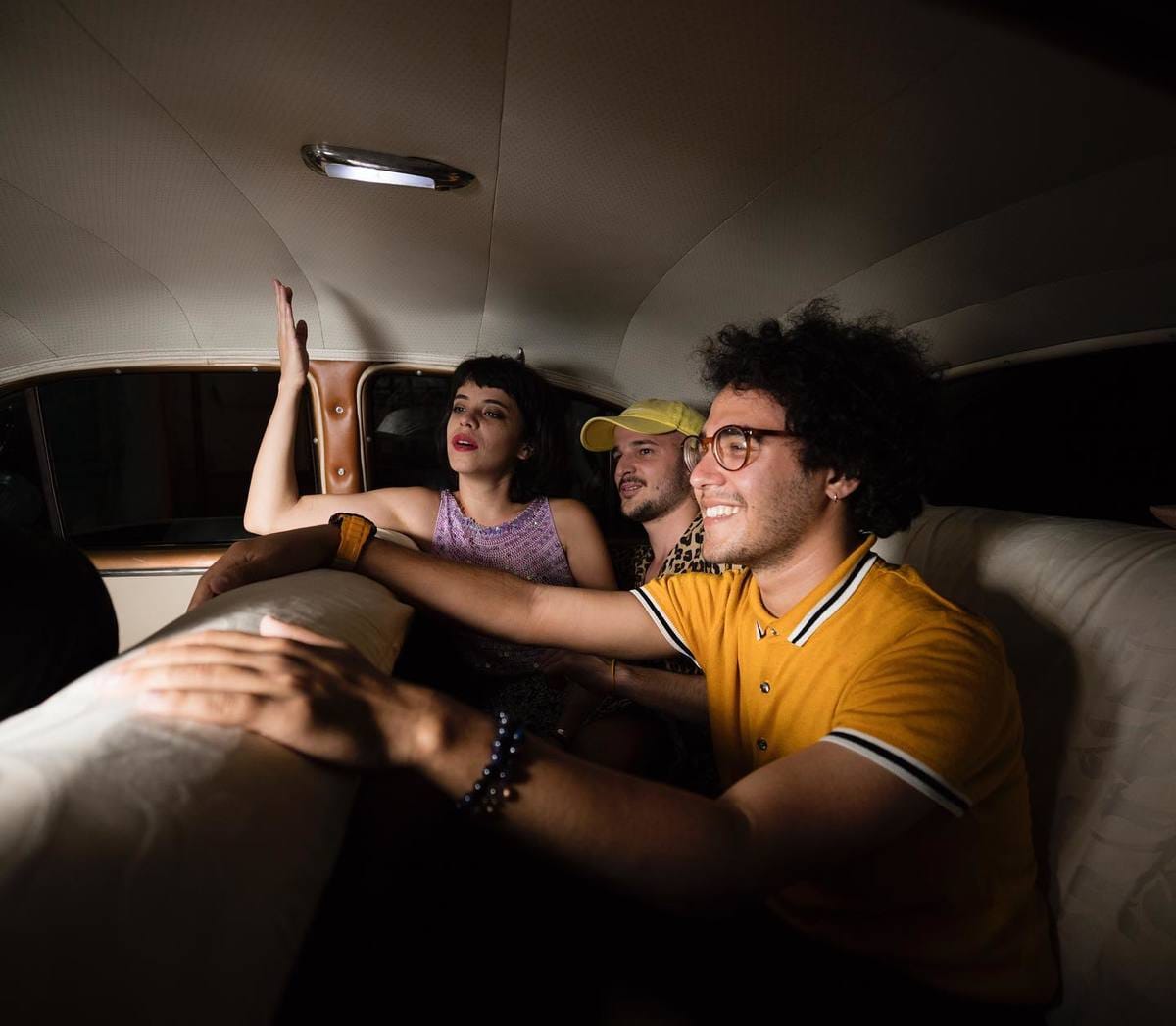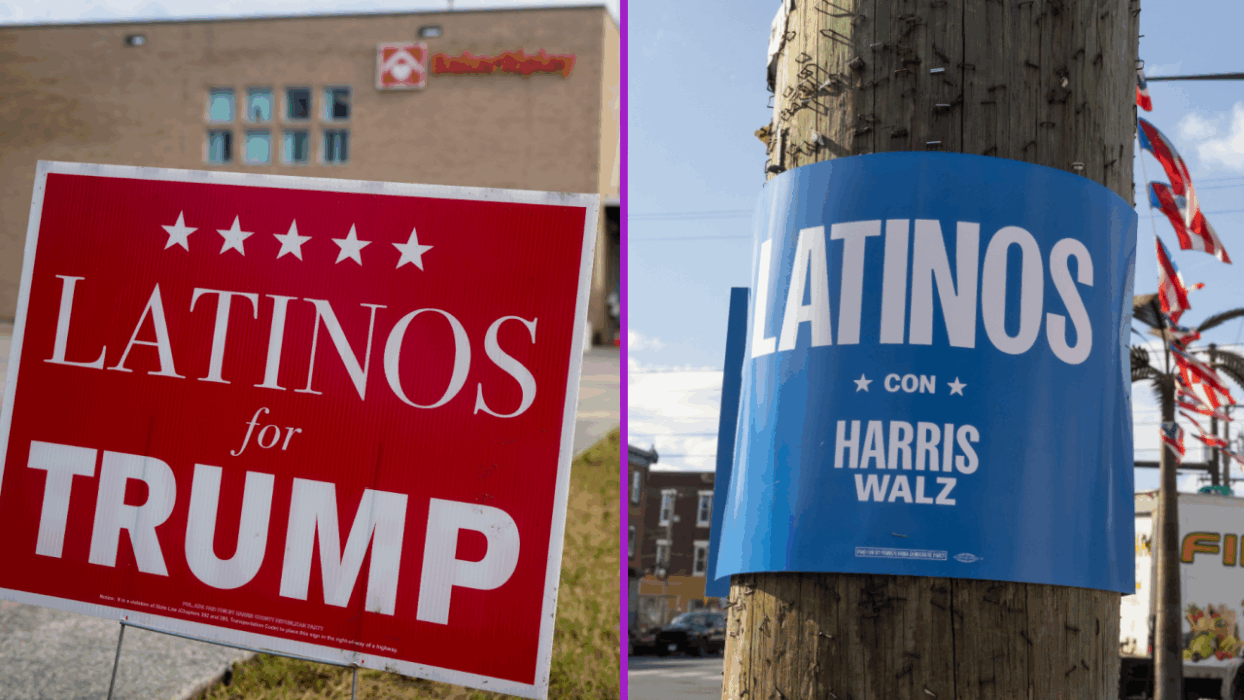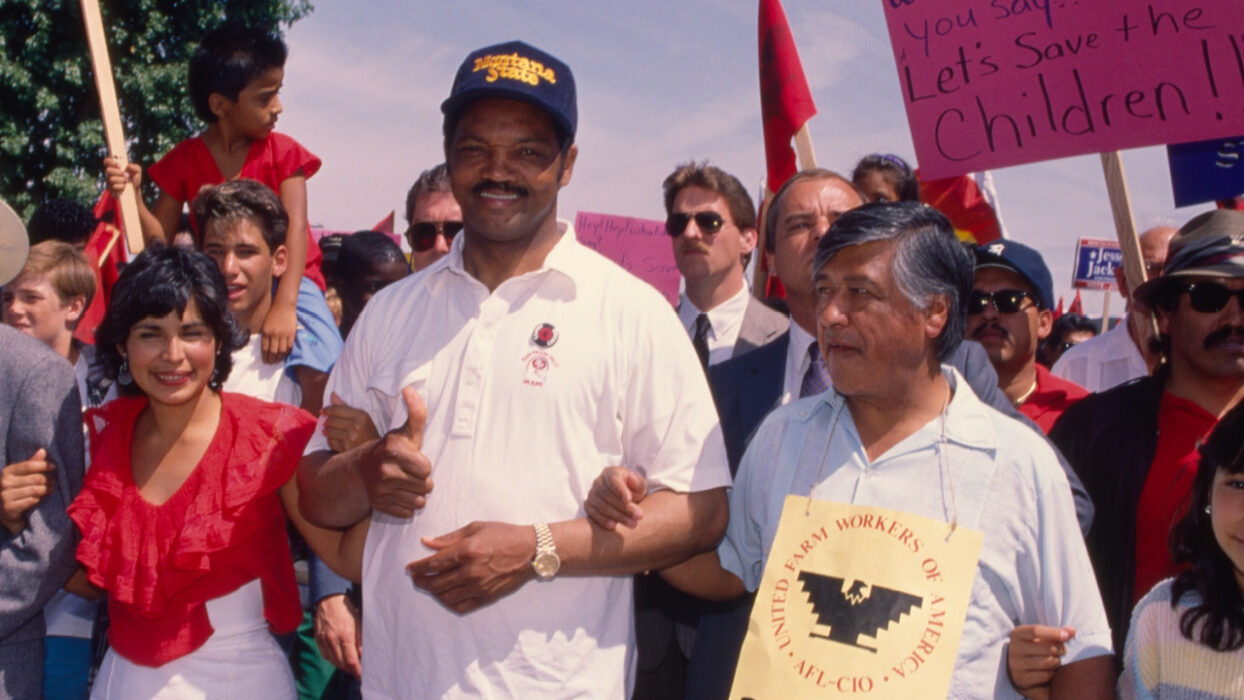
Travel Restrictions Limit Americans To Only Flying Into Havana But Sube Let’s Americans Explore The Island
The progression of Cuba’s modern world has been a slow one, but it’s also been eager to thrive thanks to the younger generation. The integration of the internet didn’t arrive on the island until the late aughts. Back then, when U.S. relations with Cuba became friendlier under the Obama Administration, it looked as if Cuba was ready to get online. However, it wasn’t until 2007 that Cuba decided to team up with Venezuela in order for the country to help them venture into the digital age. Now, under the Trump Administration, who is putting the breaks on the Cuba/U.S. relationship, the Cuban people have something more to aspire to.
A Cuban startup has launched a cab service that will help tourists get around the island now that the Trump Administration has blocked airline travel to all areas of Cuba except Havana.

The company is called Sube (which translations to “get on” or “hop on”), and it’s basically a ride-share service like Uber and Lyft, although their intention is to seek out tourists who wish to visit the areas outside of Havana.
Late last year, the Trump Administration issued a travel ban throughout the island, which meant that American airlines could only fly into Havana. All other airports in Cuba were forbidden. The announcement didn’t automatically erase flights that were already booked. U.S. travelers can only arrive in Havana, so if they have plans outside of the capital, getting there is trickier and expensive. The solution is Sube.
Sube wants tourists to know that their service is safe and that they can provide an exciting and fun way to get around the island.

“Sube is a ridesharing app founded in Cuba,” their About section states. “Our drivers will help you move around safely and fast while sharing their knowledge of our customs and culture.”
One of the most popular attractions in Cuba is their vintage cars. So how can these old cars keep up with this new motive of transportation? Sube owners say all cars, vintage ones as well, are in perfect condition and can drive long distances. All drivers have verified licenses as well.
The app launched in 2018, and since then, the app has been downloaded at least 10,000 times and so far has 6,000 registered users.

“We knew the trouble people go through in Cuba to get to work every day, to get home, or if they just want to go out,” Claudia Cuevas Alarcón told NBC News. Aside from Cuevas Alarcón, a 27-year-old, Sube’s creators include 26-year-old Damián Martín, 26, and 27-year-old Darién González.
What makes this company even more fascinating is that these young entrepreneurs have found a way to work the system to their benefit. For example, U.S. credit cards are prohibited on the island, which means travelers can only use cash.
Sube creators registered their company in the U.S., so this makes it possible for travelers to download the app before they leave their home country, upload their credit card information. Once they arrive on the island, they have already reserved their car service, and the exchange of payment is not needed.
It’s not just tourists who use the app, locals are using Sube to get around the island as well.

“If you are visiting Cuba this December, move with SUBE and pay from abroad,” one of their beautiful Instagram posts says. “We have 70 registered and available taxis, which will make your trips more enjoyable and safe. You can book them before your arrival at the airport, until departure. Do not hesitate.”
Other ways to use Sube is pretty straightforward. You can use Whatsapp or Facebook to reserve a cab. Travel experts also suggest that if you’re traveling to Cuba, you should also download apps that will help not only with travel information but translation, money exchange, and texting capabilities. Here are some useful apps that extremely useful: Maps.me, XE currency, Google Translate, Pocket, Havanatrans, Zapya, AlaMesa, CubaMessenger, and ProtonVPN. And, of course, Whatsapp and Airbnb.
It’s very exciting to see young Cubans not allowing connectivity or travel regulations (or any sort of limitation) stop them from progressing into a new frontier of digital capabilities.




